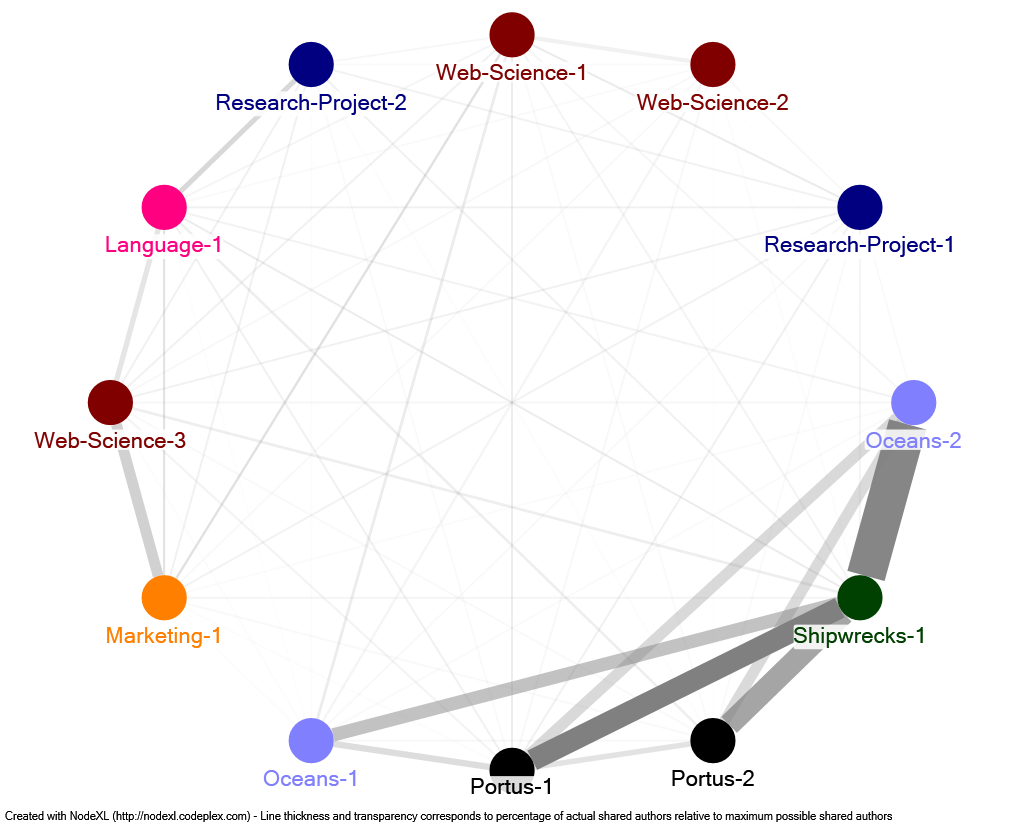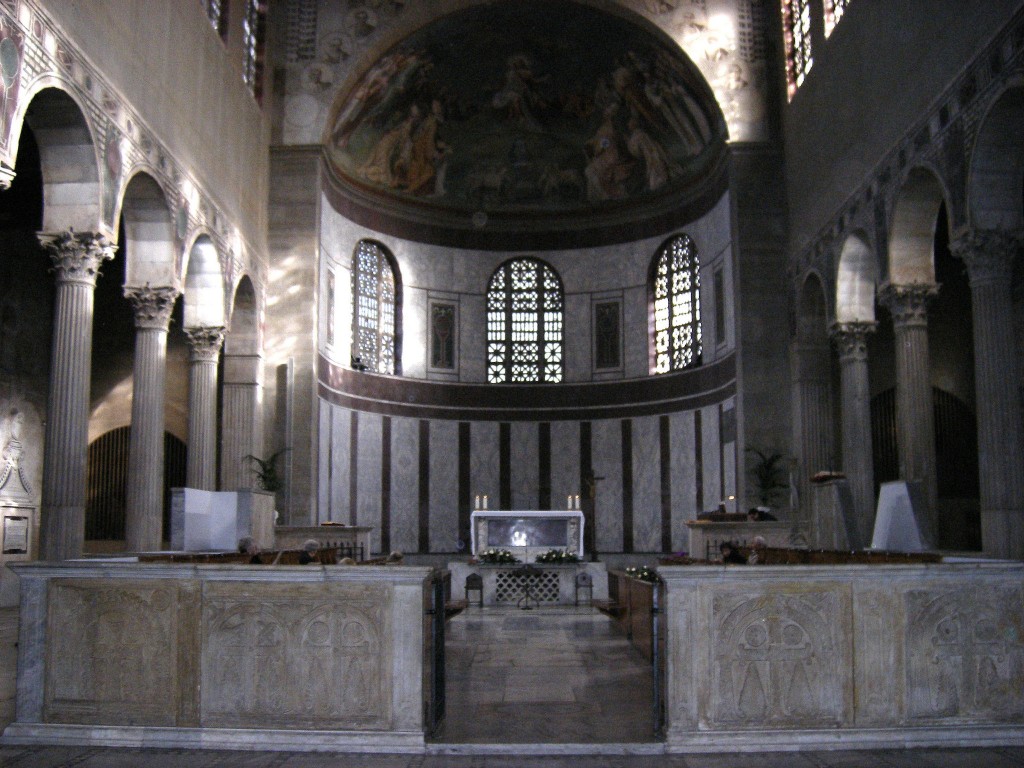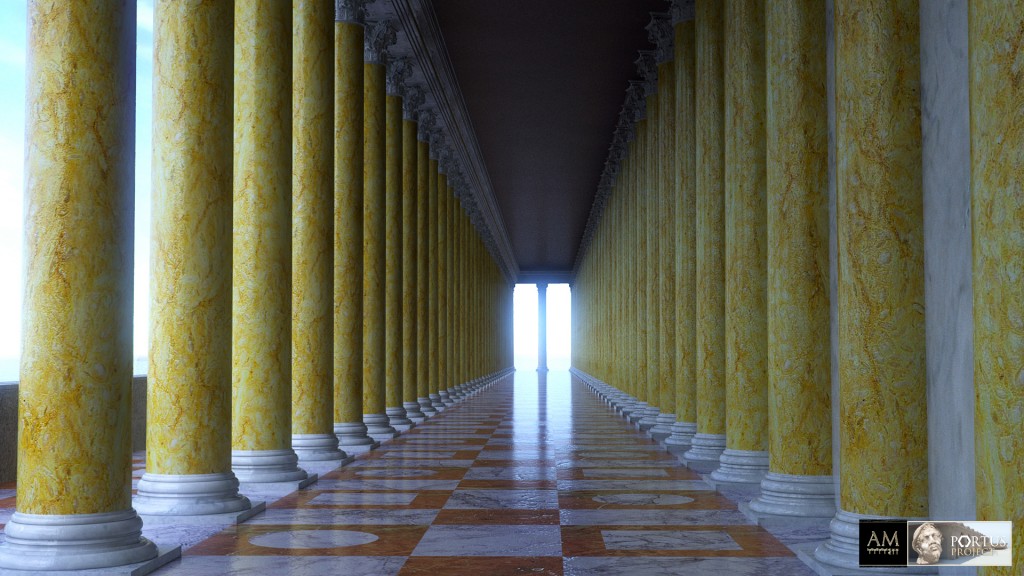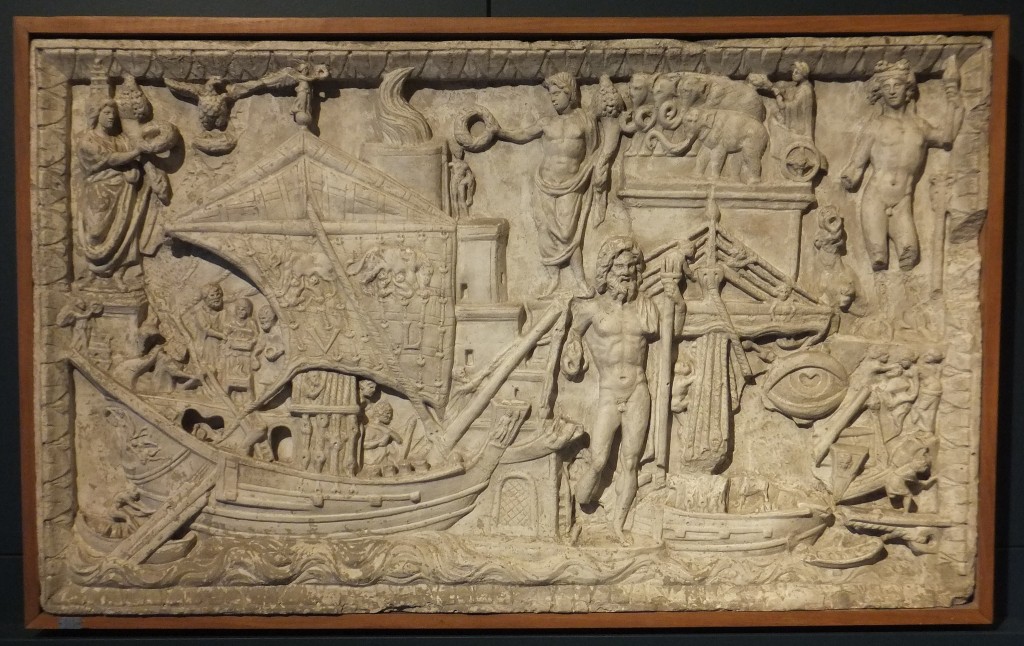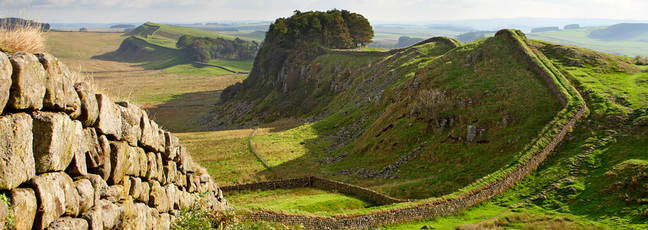Summary of Week 4 in Italian
It has been a busy journey from looking at the whole Roman Empire in the Claudian period to thinking last week about the later second century hinterland of Portus. Eleonora has posted a summary of the topics in Italian on the Italian version of this blog. As ever you can contact her via twitter or posting comments on the blog.
Continue reading →


